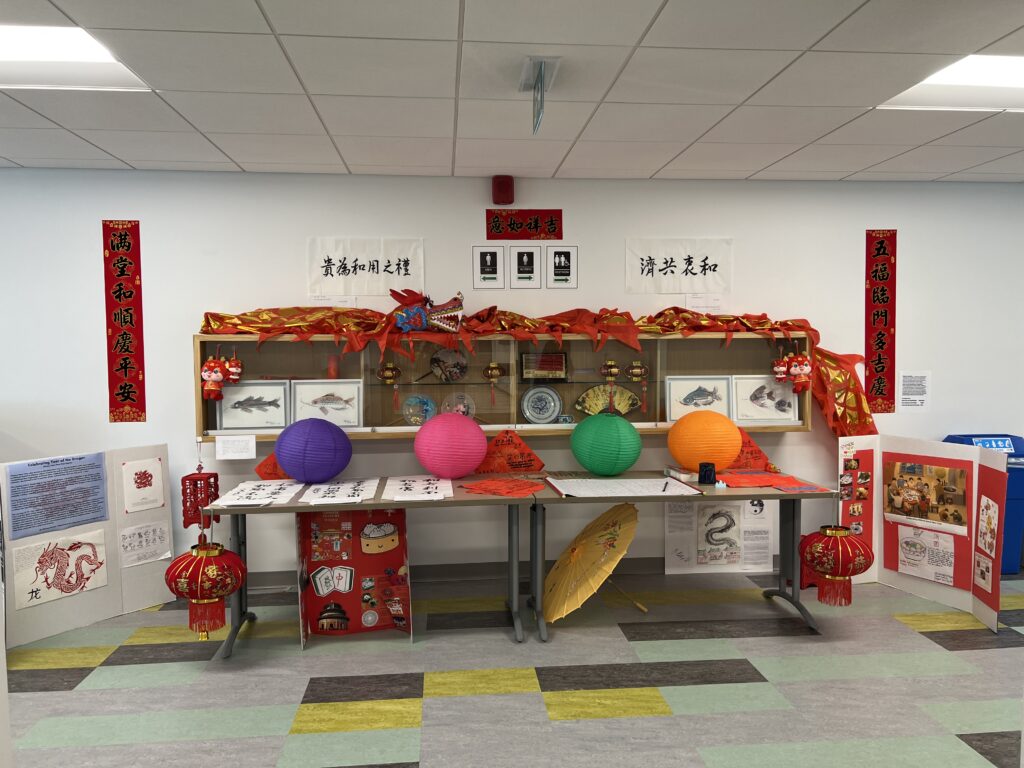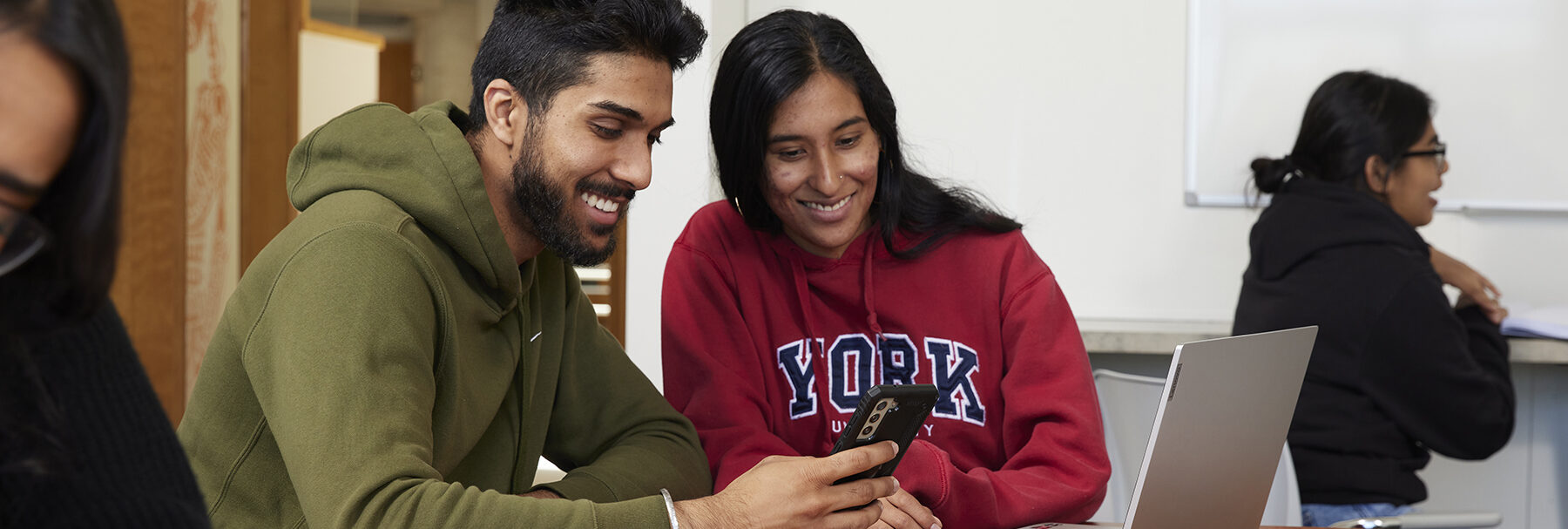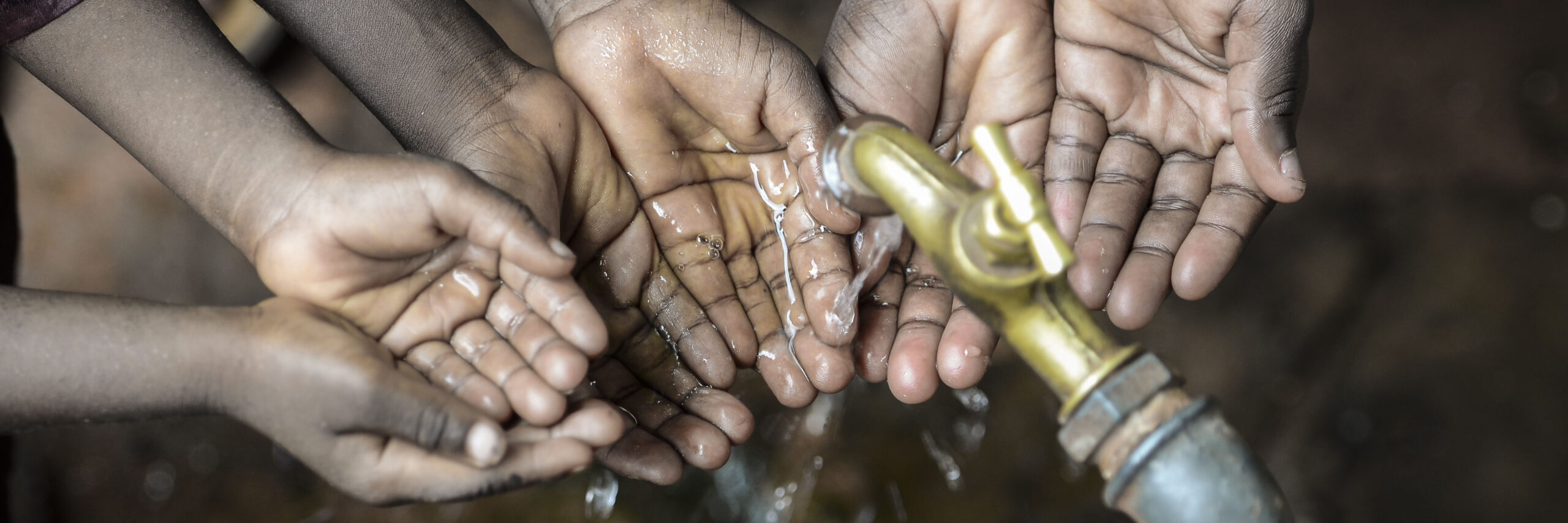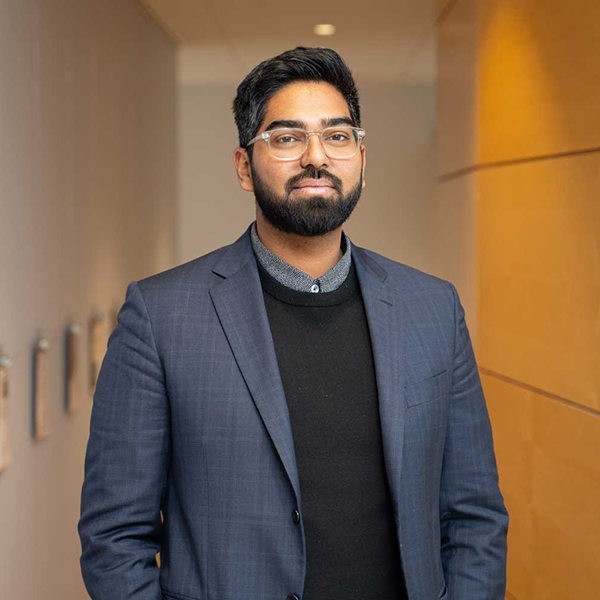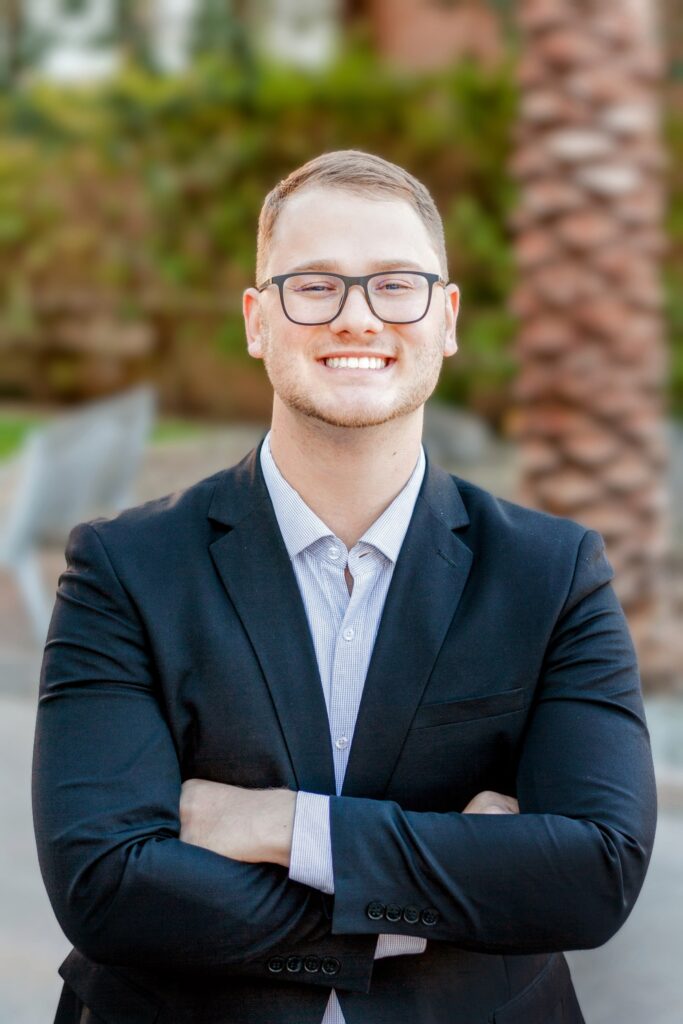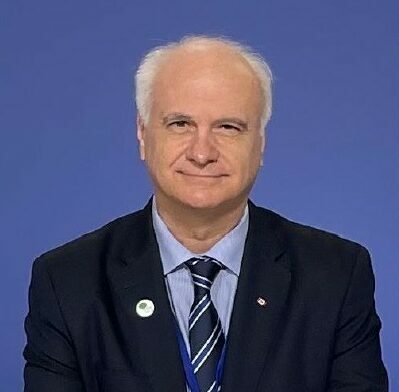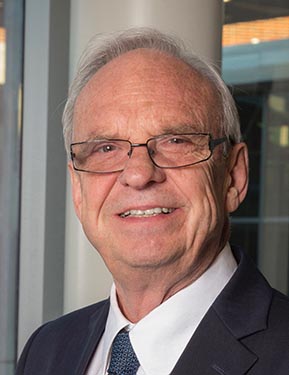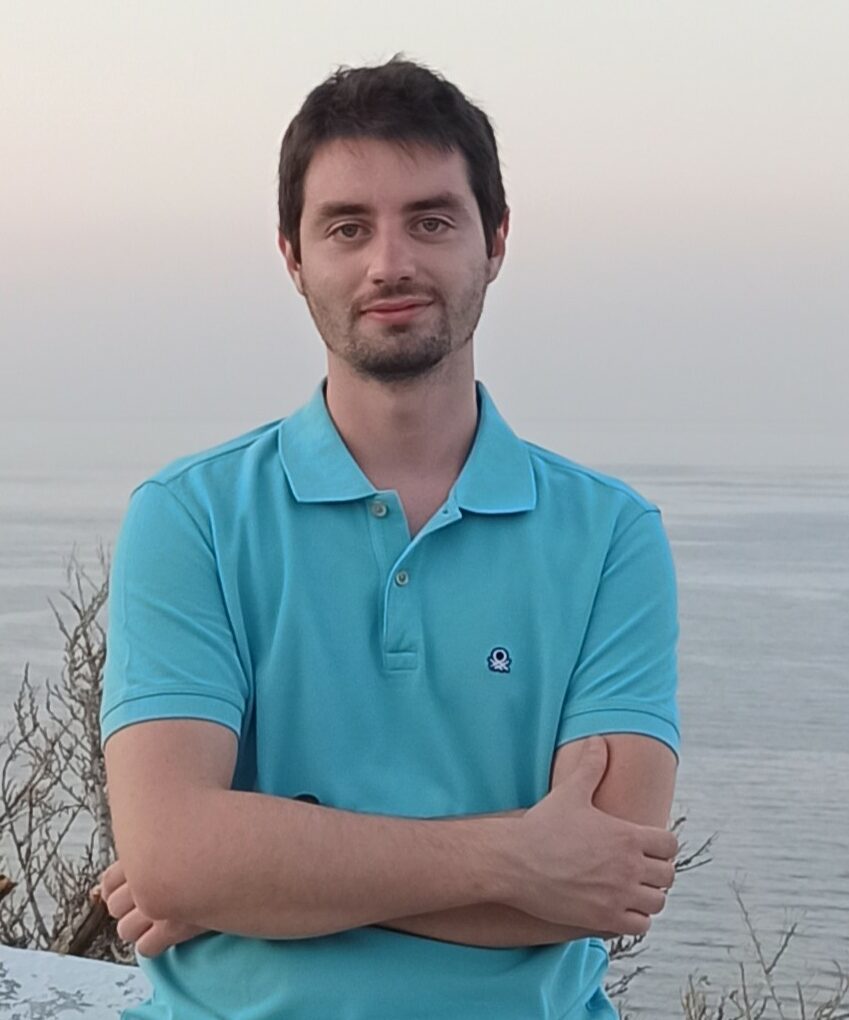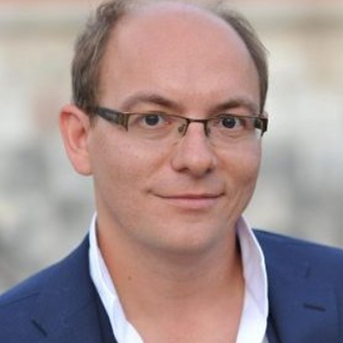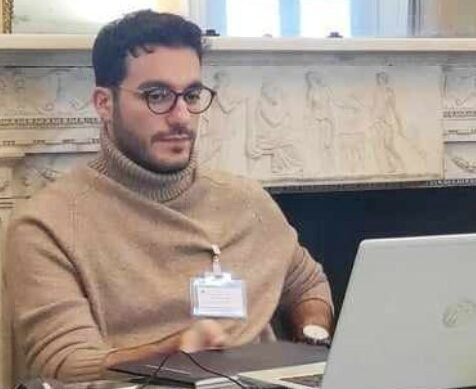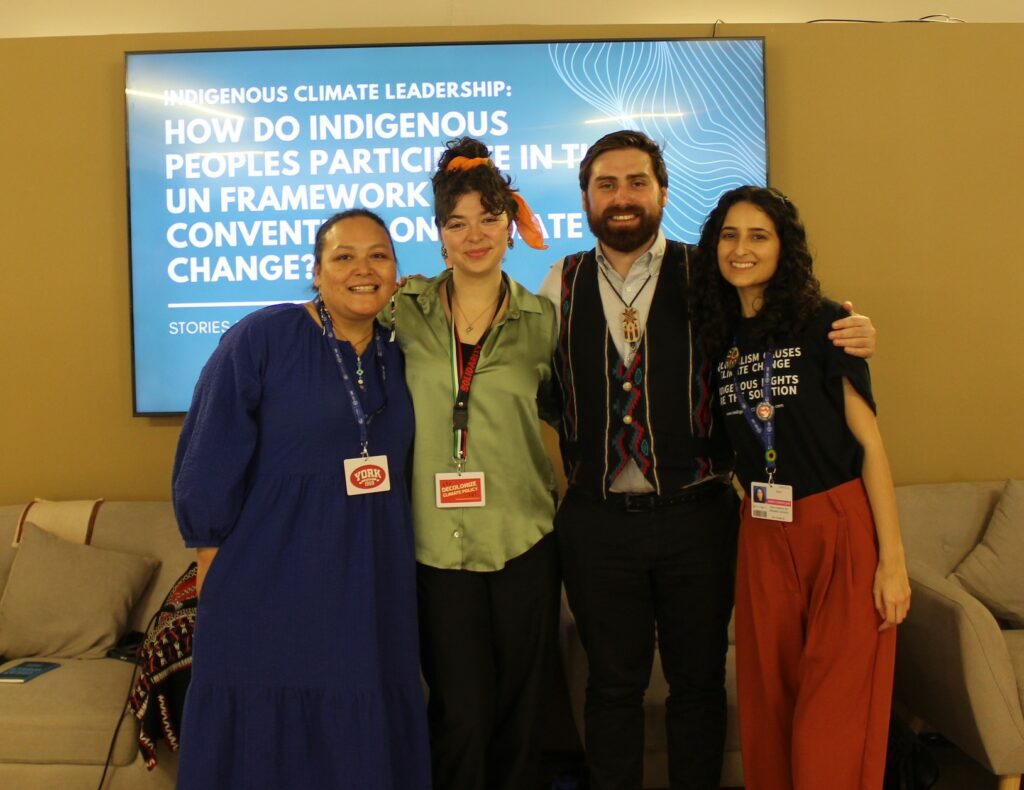By Elaine Smith
A French immersion high-school teacher who joined York University’s Glendon College pursued a Globally Networked Learning (GNL) project to help his students build connections and advance their academic journeys.
A frequent participant in a global scholars program with his students from elementary and middle schools, teacher Jafar Hussain has long understood the value of students building cross-cultural connections. So, when he was seconded to York’s Glendon Campus as a course director, he decided the global approach was equally important in the university classroom.
He dove right into a GNL project with students in his Teaching & Learning French in a Core French Context class. GNL is an approach to research, learning, and teaching that enables students, faculty, and non-academic researchers from different locations around the world to participate in, and collaborate on, knowledge-making processes and concrete research projects.
“I wanted to bring my students a new perspective on what learning could look like,” Hussain said of his plans for his students. “My own experience with K-12 students and such programs demonstrated that these experiences are fruitful and enriching.”
His class, taught in French, comprised bachelor of education (BEd) students in their final year of the concurrent teacher education program who will be teaching French as a second language. With assistance from York International, Hussain connected with Professor Caroline Andrade at the Universidad Desarollo in Chile and her Spanish-speaking education students who are planning to teach English as a second language.
Since all of the students were future language teachers, the professors broke them into groups with students from both universities and gave them an assignment: introduce yourselves, discuss an issue that affects language learning and create a joint podcast to explain it. They also asked each group to use artificial intelligence (AI) to create an image for their podcast as a way of teaching responsible use of AI.
“Part of developing global competency is navigating communications barriers, and we knew that here, everyone spoke some English,” Hussain said. “The real goal of the assignment was to bring them together. What was important was the experience of working together to try to accomplish the goal.”
“None of us had done an internationally focused project so far and some people were skeptical, but Jafar told us from the beginning to focus on the experience and not worry about the outcome,” said Ana Kraljevic, a student in the class, who is hoping to pursue a career in education policy and leadership.
Kraljevic’s group explored language insecurity, its root causes and solutions.
“Language [or linguistic] insecurity refers to any sort of apprehension a new learner has about speaking the language, whether that is a fear of being judged or not being competent,” said Kraljevic. “We’re learning French and our Chilean counterparts are learning English, so we have similar experiences. Language insecurity is a huge, complex phenomenon and we want to reduce it for future students.”
Rosamaria Conenna, a BEd student who majored in French studies and has a minor in Spanish, also enjoyed the project. Her group chose to discuss accentism: the way accents are perceived in society and how they affect language learners.
“It can be discouraging if you have an accent because when someone hears it, they often default to your primary language and deny you the opportunity to practise,” she said. “It can be disappointing if you have an accent, especially when you know what you’re saying is correct.
“We want our future students to know that having an accent is perfectly OK, and that it should not discourage them from practising the languages they learn.”
Conenna’s group, like the others, connected via WhatsApp to pair and discuss personal experiences to convey their own stories authentically. Each pair recorded a segment of the podcast, which was hosted by a team member who introduced the topic, the group and provided information about research on the subject.
The students presented their group work to the entire class and Hussain was “blown away. It all came together beautifully and the students all became more globally aware,” he said. He praised students for their work and shared some words of wisdom. “Remember all the obstacles you imagined beforehand and look at what you produced. When something seems insurmountable, it’s so much sweeter when you get to the end point,” he told them.
Kraljevic is already thinking about how she could do something similar with classes she will be teaching in the future, and the experience has fuelled Conenna’s dreams of teaching abroad.
For Hussain, “Now I have a solid model of what GNL could look like at a university level. There were challenges on both sides, but the learning experience is extremely rich.”
Learn more about York’s Globally Networked Learning initiative and individual faculty projects.
